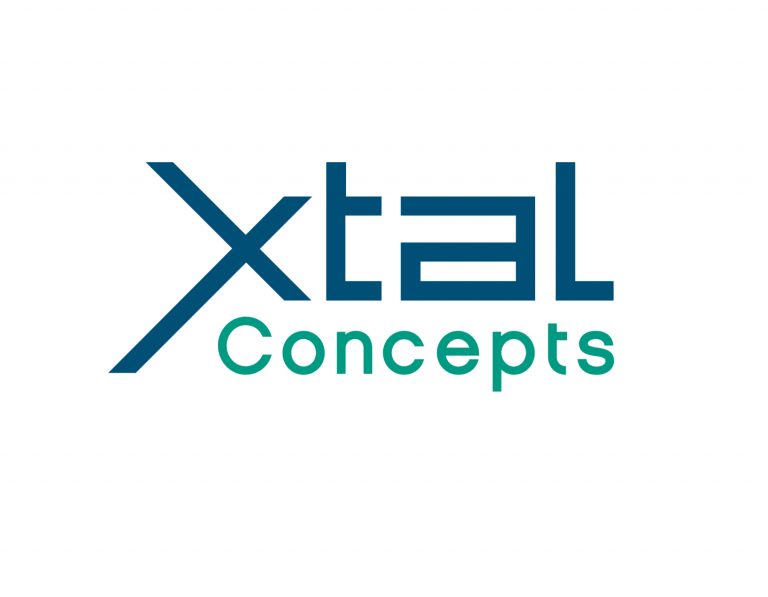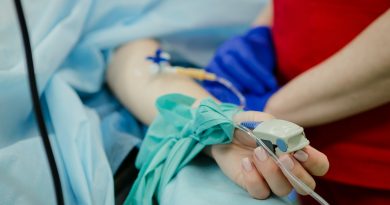AbbVie Announces Positive Results from Phase 3 Trial for Parkinson’s Disease Monotherapy
AbbVie has reported positive topline results from its pivotal Phase 3 TEMPO-1 trial evaluating tavapadon as a monotherapy for early-stage Parkinson’s disease.
Tavapadon, an investigational D1/D5 dopamine receptor partial agonist, met the primary endpoint of the trial, demonstrating a statistically significant improvement from baseline in the Movement Disorder Society – Unified Parkinson’s Disease Rating Scale (MDS-UPDRS) Parts II and III combined score at week 26.
Tavapadon Meets Primary Endpoint in Phase 3 TEMPO-1 Trial -Significantly Improves MDS-UPDRS Scores
In the TEMPO-1 trial, which tested two fixed doses (5 mg and 15 mg, once daily) of tavapadon, patients showed marked improvements compared to the placebo group. Results showed reductions in MDS-UPDRS scores, with the placebo group recording a +1.8 change from baseline, compared to -9.7 and -10.2 for the 5 mg and 15 mg groups, respectively (p < 0.0001 for both doses). These results underscore the potential efficacy of tavapadon in treating motor symptoms and daily living challenges associated with Parkinson’s disease.
The trial also met a key secondary endpoint, with tavapadon demonstrating statistically significant improvements in motor aspects of daily living, as measured by the MDS-UPDRS Part II score at week 26.
Primal Kaur, MD, MBA, Senior Vice President, immunology, neuroscience, eye care and specialty development, AbbVie said:
“The TEMPO-1 data, coupled with the previously reported TEMPO-3 adjunctive trial findings, further support the potential of tavapadon for people living with Parkinson’s disease. This marks a significant step forward in our commitment to enhancing our neuroscience portfolio following the strategic acquisition of Cerevel Therapeutics and further demonstrates our dedication to supporting patients at all stages of this challenging neurological condition. We look forward to sharing additional data later this year from the TEMPO-2 monotherapy trial.”
The safety profile of tavapadon in the TEMPO-1 trial was consistent with previous studies, with most adverse events reported as mild to moderate in severity. Full trial results will be presented at future medical conferences and submitted to regulatory authorities to support potential approval of tavapadon for Parkinson’s disease treatment.
Ongoing Development and Future Prospects
AbbVie is continuing to expand the clinical development of tavapadon through its TEMPO program, which includes multiple Phase 3 trials evaluating the drug’s efficacy, safety, and tolerability across various Parkinson’s disease populations. The ongoing TEMPO-2 trial, a flexible-dose monotherapy study, is expected to yield topline results by the end of 2024. Additionally, AbbVie is conducting the TEMPO-4 open-label extension (OLE) trial to assess the long-term safety of tavapadon.
About AbbVie’s TEMPO Clinical Development Program
AbbVie’s TEMPO clinical development program is designed to evaluate the efficacy, safety, and tolerability of tavapadon across a broad Parkinson’s disease population. The program includes three Phase 3 trials:
- TEMPO-1 and TEMPO-2, both evaluating tavapadon as a monotherapy for early-stage Parkinson’s disease.
- TEMPO-3, testing tavapadon as an adjunctive therapy to levodopa.
A fourth trial, TEMPO-4, is an open-label extension (OLE) trial aimed at assessing the long-term safety and tolerability of tavapadon.
The TEMPO-1 trial was a 27-week, double-blind, randomized, placebo-controlled Phase 3 study involving 529 adults with early Parkinson’s disease. All participants had been diagnosed with the disease for less than three years and were between the ages of 40 and 80. Patients were randomised to receive tavapadon titrated to 5 mg, tavapadon titrated to 15 mg, or placebo, administered orally once daily.
The trial’s primary endpoint was the change from baseline in the combined MDS-UPDRS Parts II and III score, which measures both motor experiences of daily living and motor complications. Key secondary endpoints included changes in MDS-UPDRS Part II scores, which assess motor experiences of daily living, and the percentage of patients showing “much improved” or “very much improved” responses on the Patient Global Impression of Change (PGIC).
The MDS-UPDRS is a widely recognised tool for evaluating Parkinson’s disease, assessing both motor and non-motor symptoms. It includes 13 sub-scores in Part II (motor experiences of daily living) and 33 sub-scores in Part III (motor examination), which are summed to generate a total score. A lower score indicates improvement in motor function. The total scale ranges from 0 to 184, with higher scores reflecting greater disease severity.
More information on the TEMPO trials can be found on www.clinicaltrials.gov:
TEMPO-1: NCT04201093
TEMPO-2: NCT04223193
TEMPO-3: NCT04542499
TEMPO-4: NCT04760769
About Tavapadon
Tavapadon is an investigational, selective D1/D5 dopamine receptor partial agonist designed for once-daily oral administration. It is currently being studied as both a monotherapy and adjunctive therapy for Parkinson’s disease. While its safety and efficacy have yet to be established, tavapadon represents a promising therapeutic option for early-stage Parkinson’s patients, potentially offering improvements in motor function and daily living activities.
Parkinson’s Disease Overview
Parkinson’s disease is a progressive neurodegenerative disorder characterized by debilitating motor symptoms such as tremors, rigidity, and postural instability, stemming from the loss of dopamine-producing neurons in the brain. As a chronic condition, Parkinson’s disease significantly impacts patients’ quality of life, highlighting the need for effective treatments that address both motor and non-motor symptoms.
AbbVie’s Commitment to Neuroscience
AbbVie has a long-standing commitment to neuroscience, with more than 30 years of research focused on advancing treatments for neurological and psychiatric disorders. Its portfolio includes therapies for migraine, movement disorders, and psychiatric conditions, along with a robust pipeline of innovative treatments for Parkinson’s and other neurological diseases.
For more information on AbbVie and its neuroscience programs, visit www.abbvie.com.
Recommended Companies
More Headlines








